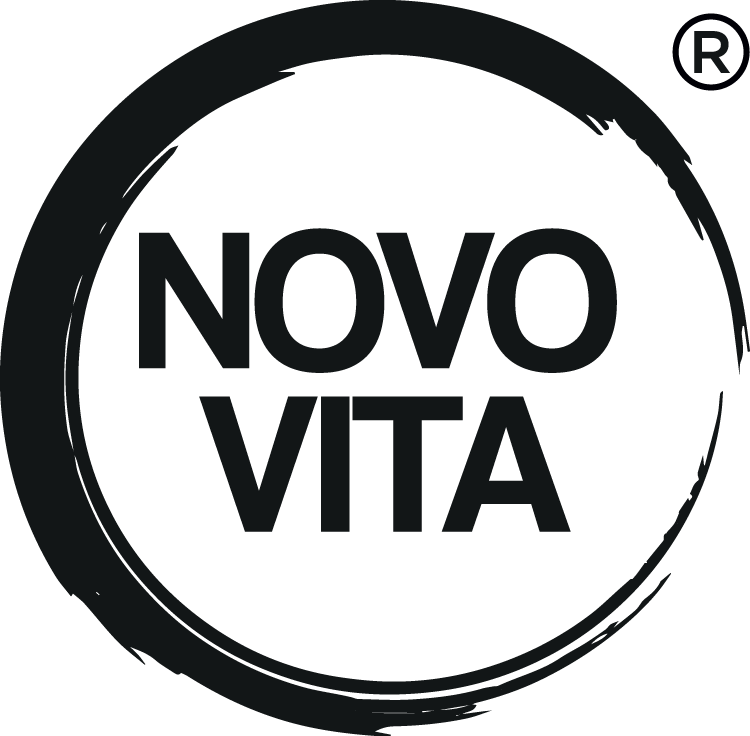Selenium is an essential trace mineral absorbed from soil and water and can be found naturally in many foods such as grains, meat and nuts, or can be taken as a dietary supplements. Because this nutrient is highly prevalent in foods, our bodies usually get enough for supporting various bodily functions, such as and maintain optimal health status. Nevertheless, selenium levels may vary between various populations, depending on population's characteristics, geographical area and diet.
Selenium is an essential component of various enzymes and proteins, called selenoproteins, that are needed for metabolism of thyroid hormones, DNA production and protection against oxidative damage. Selenium has been scientifically studied over the last years, where its crucial role in maintaining the normal immune-endocrine function, cellular homeostasis and metabolism has been revealed.
Selenium can be found in high concentrations in the thyroid gland, where so-called selenoproteins play an important role in normal thyroid function, by maintaining an antioxidant activity that provides defence against free radicals and eliminates risks of oxidative stress during the production of thyroid hormones.
Functions
RDA: The Recommended Dietary Allowance (RDA) for adult men and women 19+ years of age is 55 micrograms daily. Pregnant and lactating women need about 60 and 70 micrograms daily, respectively.
UL: The Tolerable Upper Intake Level (UL) for selenium for all adults 19+ years of age and pregnant and lactating women is 400 micrograms daily.
*UL is the maximum daily intake of a nutrient that is considered safe and is unlikely to cause any harmful effects on health.
Sources
Selenium is available in organic form (selenomethionine and selenocysteine) and inorganic form (selenite and selenate). Selenomethionine and selenocysteine forms of Selenium have better absorption in the body therefore, it is mainly used in supplementation or treatment. Selenomethionine can be found naturally in many foods, but mostly in plant-based foods such as nuts, whole grains, cereals, while selenocysteine is more prevalent in animal-based foods including meat, fish, eggs, and dairy.
Plant foods absorb selenium from the soil, and the amount found in plants will then affect the amount of selenium in animals foods that consume those plants. In fact, the amount of selenium found in foods can vary between different regions because the selenium content is highly dependent on the amount in the soil in which it is grown.
🥩 Animal-based foods high in protein are usually rich in natural selenium, such as fish, seafood, organic meats, including beef, turkey, chicken.
🌰 Plant-based foods with a high selenium content include staple foods like bread, fortified cereals, whole grains like oatmeal, beans, lentils, and different types of nuts.
*An effective way to improve selenium status is through food
Did you know that Brazil nuts are known to be richest natural source of Selenium?
With even one nut you get more than the RDA of 55mcg. However, although it is exceptionally high in selenium, eating too many of those nuts daily and taking additional Se supplements, may lead to excess of selenium in the body known as selenosis (generally occuring when selenium concentrations exceed 400 μg per day). This condition usually associated with toxic effects, causing nausea, vomiting, abdominal pain, diarrhoea, hair loss and brittle nails. Therefore it is important to make sure consuming selenium in moderate amounts.
Deficiency
The deficiency of selenium is highly prevalent in low-selenium regions, such as China, Russia and Europe, where the selenium concentrations in soil are relatively low. Nevertheless, these risks are generally eliminated by transporting food across those regions and the use of fortified foods and dietary supplements in populations.
Two common symptoms associated with selenium deficiency include nausea, vomiting, headaches, hair loss, fatigue, loss of concentration.
Other groups at risk for deficiency:
People with HIV, because the virus can lead to diarrhoea, contributing to the excretion of essential nutrients, nutrient malabsorption, and decreased appetite.
People with kidney failure:
People with kidney failure undergo dialysis, a mechanical process of filtering the blood that can remove some selenium from the blood, or follow specific dietary restrictions that can also lead to a risk of selenium deficiency.
Benefits
Selenium is an essential mineral that we need in small amounts, which means we must get it through our diets.
According to EFSA (European Food Safety Authority) health claims, selenium has been proven to:
- Contibute to the normal spermatogenesis
- Contribute to the maintenance of normal hair
- Contribute to the maintenance of normal nails
- Contribute to the normal function of the immune system
- Contribute to the normal thyroid function
- Contribute to the protection of cells from oxidative stress
Novo Vita SelenOrganic + Ø
SelenOrganic+ contains organic extract of mustard seeds (Orgen-SE) and organic alfalfa. The mustard seed extract Orgen-SE® is extracted via a patented process - using only water.
SelenOrganic + is not based on yeast and contains - in addition to the vegetable capsule material - only vegetable alfalfa and mustard seed extract.

Find this produce here: https://novovita.dk/products/selen-organic-plus?_pos=1&_psq=selen&_ss=e&_v=1.0
References:
https://www.hsph.harvard.edu/nutritionsource/selenium/
https://www.ncbi.nlm.nih.gov/pmc/articles/PMC5307254/
https://www.ncbi.nlm.nih.gov/pmc/articles/PMC4377864/
https://www.researchgate.net/publication/330124726_The_role_of_selenium_in_nutrition_-_A_review

